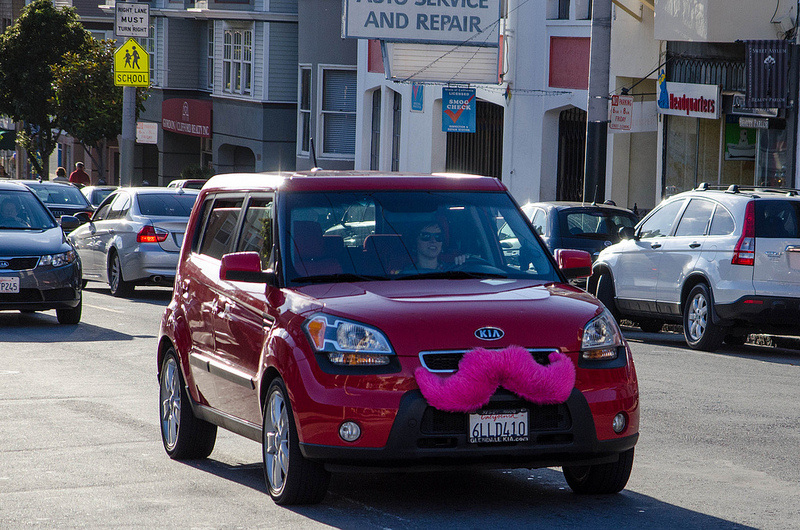| Awhile back, my wife and I flew into New York’s LaGuardia Airport, retrieved our luggage and prepared to take our place in a long line for a taxi. In an almost imperceptible voice, a man near the line asked us where we were going. Then he offered to take us there, right then, for less than what taxis were charging. Our initial reluctance disappeared as we encountered several other travelers following the same man into the nearby parking garage, where |
| | he was about to do something as illegal as selling drugs — give us all a ride for money. He loaded us into a clean, late-model minivan that brought us safely to our hotel. This was in an age before Lyft and Uber, two upstart taxi services that are threatening to shake up the world of transportation as we know it. But it was just as perplexing to me then as it is now. Americans talk a lot about freedom, and many of them profess a healthy regard for the free market. But when the rubber meets the road, so to speak, it’s clear many of them really don’t get it. Which explains why drivers for these new services have been getting $6,500 tickets from Salt Lake City lately — and not just once. Earlier this month, the city said it had issued 17 such citations and 111 warnings. All this, just for giving people rides in exchange for money — and less money than taxis charge. This kind of lunacy exists for a lot of things besides taxi services. Until two years ago, in Utah you couldn’t braid hair for money without hundreds of hours of special schooling and about $16,000 for a license. An African immigrant challenged that law and won. But in various parts of the country, you still can’t be a hair braider, manicurist, athletic trainer, floor sander, animal trainer or a host of other things without paying for a government license. Licenses make sense for doctors and pharmacists, but when it comes to lower paying jobs, as Utah Sen. Mike Lee recently told the Heritage Foundation, they exist “to exclude as many newcomers as possible while keeping customer prices artificially high.” In other words, they exist to protect those jobs from competition, which always translates into keeping others from making money and keeping consumers from getting a better deal. The other side will always argue that the upstarts are unsafe. Even the cosmetology industry used to argue that hair braiders could spread disease if they weren’t licensed. But it’s hard to make a buck if you make people sick, and the whole idea behind a free market is to make a buck. Lyft and Uber both advertise that they give drivers extensive background checks and impose safety requirements. And, unlike with regular taxis, you get to write, and read, feedback through a smartphone app. Actually, the apps provide a lot of things regular taxis don’t, such as information on how long it will take for a car to arrive, a photo of the driver and customer reviews, as well as the exact price of your trip, which will be charged to your credit card. But if, like me, you’re upset by the fines Salt Lake City is handing out, you should relax. Unlike manicurists, floor sanders and hair braiders, Lyft and Uber have the advantage of being cool. They’re so cool that the liberal website moveon.org is sponsoring a petition calling on Salt Lake City to remove its restrictions. As I write this, 803 people have signed it. Soon, the city is likely to remove the requirement for you to make taxi reservations 30 minutes in advance, and for the companies to have a minimum number of cabs available and to charge at least $30 for each ride. Those are silly rules anyway, as are all the other objections taxi companies have raised. One group you probably won’t hear complaining is the drivers. That’s because even taxi drivers could moonlight for any of these new companies and make a little extra. Now if we can just get manicurists, street vendors, animal massage therapists and the rest to be cool, too. |


 RSS Feed
RSS Feed

